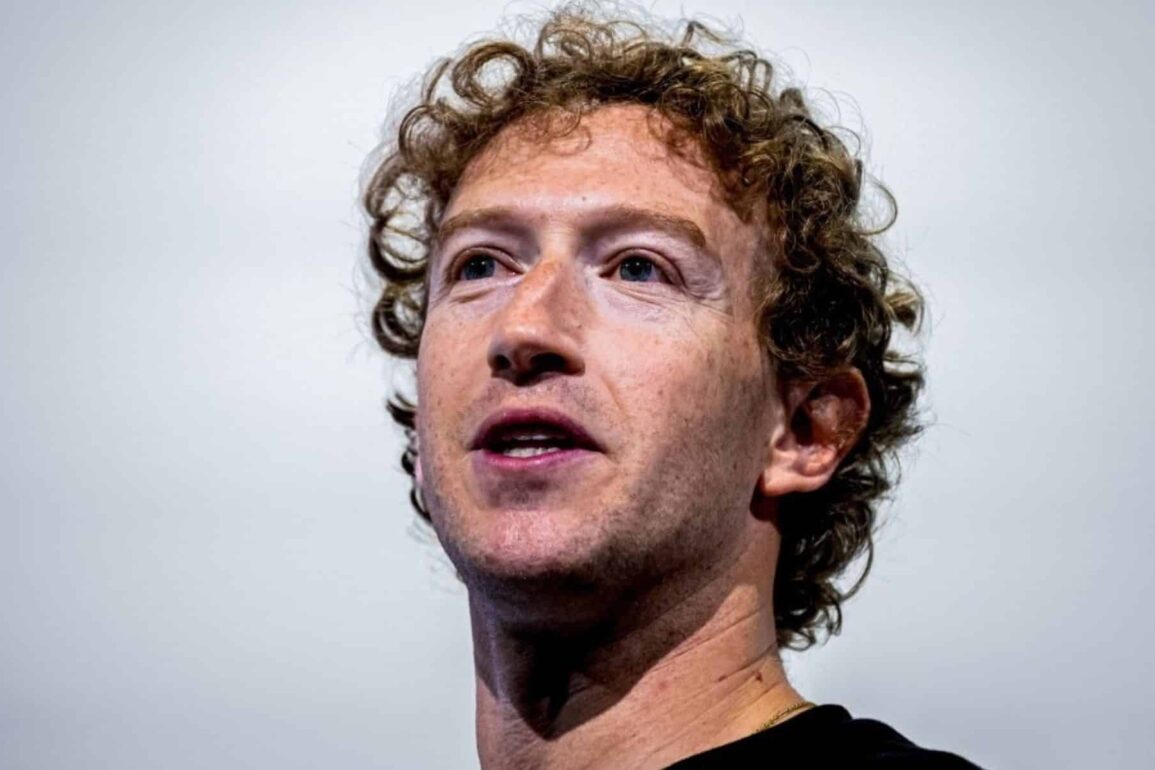
Mark Zuckerberg, the founder of Meta—formerly Facebook—dropped a bombshell In recent testimony before the Federal Trade Commission (FTC): the golden age of social media, as we once knew it, is over. The revelation came during a three-day hearing that examined Meta’s dominance in the digital space, according to The New Yorker.
A New Era of Content Consumption
Zuckerberg’s observations hit at the heart of the ongoing transformation within social media. Once, platforms like Facebook and Instagram served as digital meeting grounds, where users would share personal updates, engage with friends, and build online communities. Now, however, they have evolved into something closer to traditional media platforms.
These apps are no longer simply about socializing—they are channels for celebrity-driven promotions, A.I.-generated content, and a host of entertainment-oriented posts designed to draw in mass audiences. Zuckerberg admitted that Meta’s focus has shifted to something broader: “the general idea of entertainment and learning about the world and discovering what’s going on.”
The metrics paint a stark picture. According to Meta’s own data, the amount of time people spend viewing posts from friends has sharply declined. Over the past two years, that number has fallen from 22% to 17% on Facebook and from 11% to 7% on Instagram. This shift from personal updates to content geared towards a mass audience highlights how social media platforms have lost some of their initial social qualities.
The FTC and Meta’s Digital Monopoly
The FTC’s case against Meta focuses on the company’s alleged monopolistic practices, particularly its acquisitions of Instagram and WhatsApp. The commission claims that these purchases stifled competition in the social media market. However, Zuckerberg pushed back, arguing that the very concept of “social media” is evolving beyond the traditional model. He pointed to the rise of TikTok, YouTube, and even Apple’s iMessage, all of which now offer similar features, further complicating the definition of social networking.
Meta, in its defense, displayed a graphic showing Instagram, Facebook, TikTok, and YouTube as competitors in the same digital space. All these platforms, Zuckerberg argued, are blending their services in ways that render the old definitions of “social media” outdated. In this context, Zuckerberg contended, the idea that one company could dominate the entire space no longer holds water.
Shifting User Behavior and the Decline of Interpersonal Engagement
As Meta’s platforms have evolved, user engagement has shifted away from personal connections to mass content consumption. The days when Facebook served as a place for family updates or Instagram allowed for deeper connections with friends are fading. The evolution of these platforms is evident in the decreased engagement with posts from friends. Instead, users now spend more time engaging with content produced by celebrities, influencers, or automated systems designed to optimize views.
This transformation is not just an internal shift at Meta; it’s a larger trend playing out across the entire digital landscape. Where once social networks fostered interpersonal communication, they now increasingly function as broadcasting platforms. The trend reflects a broader shift in how digital companies approach user experience and engagement, prioritizing reach over relationships.
What’s Next for Meta?
As the FTC’s antitrust case proceeds, Meta’s future hangs in the balance. The company’s counter-argument rests on the assertion that the digital space has changed so dramatically that Facebook, Instagram, and WhatsApp no longer operate as the sole social networks they once were. Meta contends that the fragmented nature of the market—illustrated by the rise of platforms like TikTok and the increasing role of A.I.—makes the old notion of a social media monopoly irrelevant.
The changing nature of online interactions, combined with the growing influence of new technologies like generative A.I., signals that the social media landscape could soon look radically different. Meta’s legal battle underscores the difficulty of applying traditional antitrust concepts to an industry that is still in a state of rapid flux.
This post was originally published on this site be sure to check out more of their content








